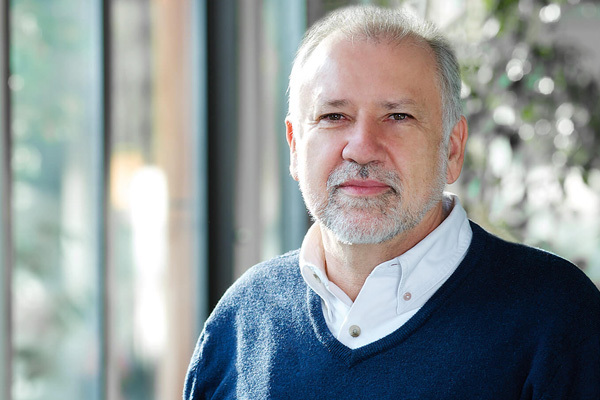Epigenetic Underlying of Appetitive Aggression
Anja Rukundo-Zeller – Hector Fellow Thomas Elbert
Aggression can be distinguished in a reactive form, which is a protective response to an acute threat and an instrumental form, which is goal directed. Appetitive aggression is a sub form of instrumental aggression, which is defined by the experience of lust when perpetrating violence.
So far, the latter has been only assessed through self-report. The doctoral project under supervision of Prof. Thomas Elbert intends to create an objective, epigenetic marker for appetitive aggression.
Anecdotally, combatants report of the phenomenon to feel appealed by the perpetration of violence, which is known as appetitive aggression (AA). Thus far, AA has only been assessed through self-report. The doctoral project under supervision of Prof. Thomas Elbert intends to create an objective marker for AA through epigenetic analyses. This will be implemented through regression modelling following the approach by Horvath (2013) for his epigenetic clock. As training data, we will use already existing DNA methylation profiles (processed with the Infinium Methylation Assay) from former child soldiers and abducted children in Uganda (N = 1012), and active soldiers in Burundi (N = 200, two measurement points). In addition, we will also use previously collected data from other groups of ex-combatants (DR Congo, N = 400; Burundi, N = 390) and active soldiers (Burundi, N = 281, two measurement points) for which the creation of DNA methylation profiles is planned over the course of the project. These will be used as test sets.
Subsequently, the epigenetic regression model will then be used to investigate which external changes influence AA on a biological level. In particular, we will study if the increase in AA, which is apparent when individuals have combat experience during adolescence, is sustainable in the epigenome. This novel approach might help to improve and to test the effectiveness of interventions regarding AA in an objective manner.

Anja Rukundo-Zeller
University of KonstanzSupervised by

Thomas Elbert
Psychology
